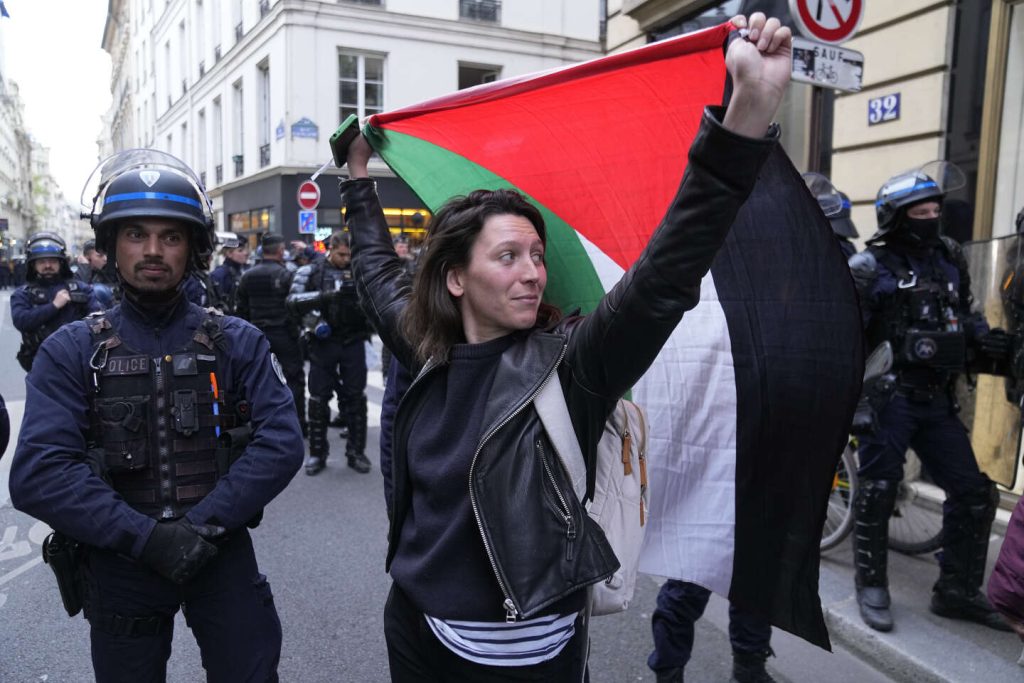The joint statement by King Abdullah II of Jordan, President Abdel Fattah Al-Sissi of Egypt, and President Emmanuel Macron of France, published in Le Monde on April 8, highlights the importance of international law in the Israeli-Palestinian conflict. The statement reaffirms respect for all lives and condemns violations of international humanitarian law that have occurred since October 7, 2023. The call for an immediate ceasefire in Gaza is based on UN Security Council resolutions 2720 and 2728, which demand this from all parties involved.
The three leaders emphasize the need to end unilateral measures, such as colonization activities and land confiscation, as well as preventing violence by settlers. They stress the importance of respecting the historical and legal status quo of Muslim and Christian holy sites in Jerusalem. By advocating for a two-state solution in accordance with international law and relevant UN Security Council resolutions, the leaders solidify international law as the only remedy to hate and the only solution for peace in the region.
However, there is a question raised about the application of these principles in light of prosecutions for “apology for terrorism” based on references to violations of international law. Is it necessary to restrict freedom of expression, even if it is excessive or provocative, through such legal proceedings? The European Court of Human Rights, a legal and judicial compass in Europe, has consistently upheld freedom of expression as essential in a democratic society. In a decision from June 11, 2020, the Court emphasized that freedom of expression is fundamental to a democratic society and essential for progress and the well-being of individuals.
The joint statement by the leaders underscores the importance of upholding international humanitarian law in resolving the Israeli-Palestinian conflict and achieving peace. It calls for an immediate ceasefire in Gaza based on UN Security Council resolutions, highlighting the need to end unilateral actions and respect the status quo of holy sites in Jerusalem. The promotion of a two-state solution in line with international law is seen as the only viable path towards peace in the region.
Despite the focus on international law and human rights principles, there are concerns about the application of these values in domestic legal contexts, particularly in cases involving freedom of expression. The tension between upholding these principles and addressing concerns related to terrorism propaganda raises questions about the balance between security measures and freedom of speech. The joint statement highlights the need for a comprehensive approach that respects human rights while effectively addressing security challenges.


